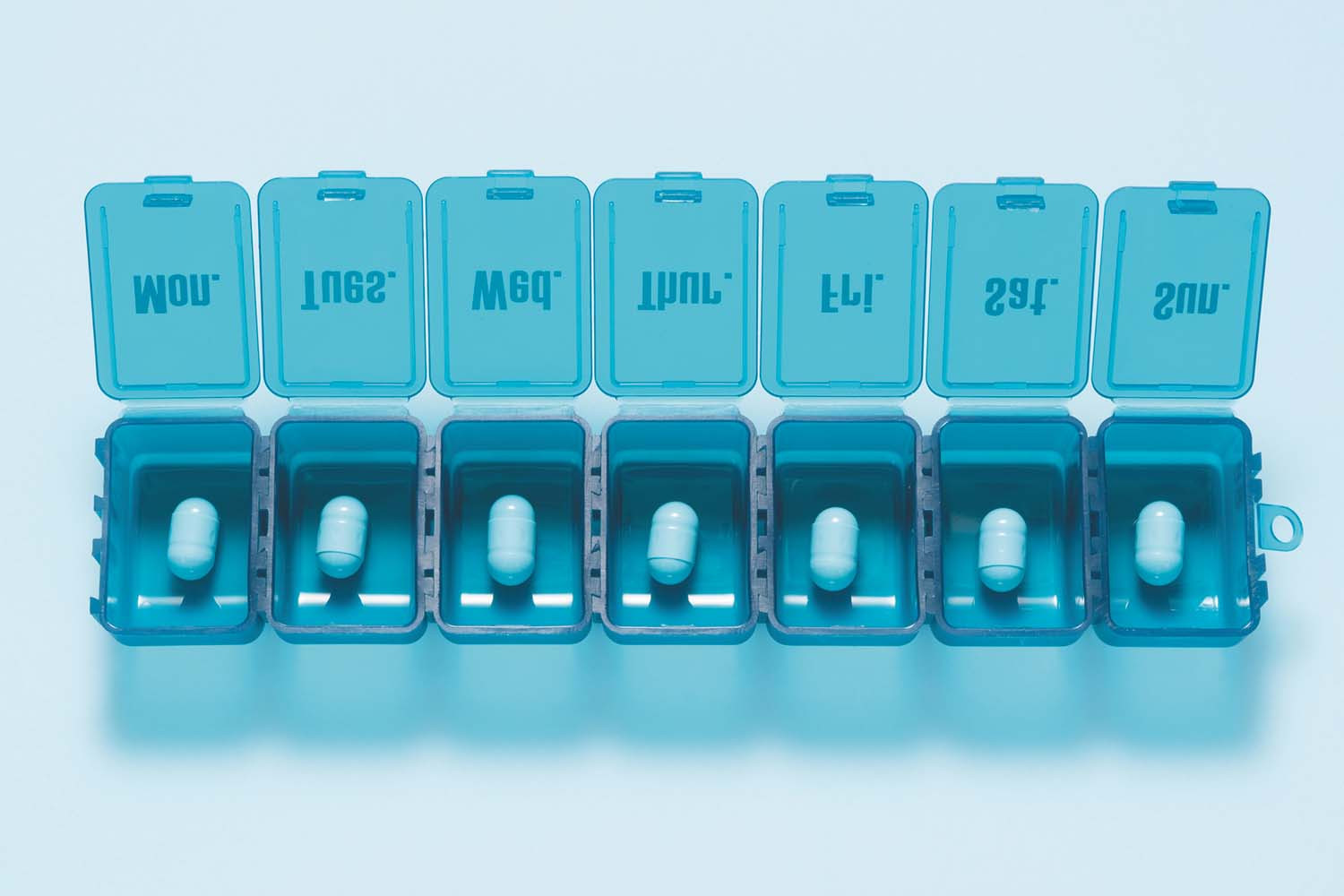How can I reduce my number of daily medications?
On call

Q. I now take nine pills every day. My doctors have added new medicines over the years, but not once have they suggested stopping one of them. How do I know that I really need all of these medications indefinitely?
A. We are fortunate today to have many excellent medications to better treat chronic conditions and help ward off serious complications. But when a person is seeing multiple specialists or has been in the hospital (a time when prescriptions are often adjusted), it's common to end up with one or more new drugs without a clear indication about how long to continue taking them.
In general, each doctor you are seeing is not likely to alter your current therapy unless you are having symptoms that could be related to side effects. If you are feeling okay, the tendency for the doctor is to not make any changes.
But you might not have mentioned that you are feeling less energetic and attributed it to age, when it might be related to one of your drugs. Still, even if you feel perfectly fine, it's good to consider whether less is more.
Here's my suggestion on how to approach this question. First, make sure you understand the reason you regularly take each of your prescribed drugs. If you are not completely sure, ask the prescribing doctor for an explanation.
Then, on your next visit to your primary care physician, you can review your medications and discuss how you might safely reduce the dosage(s) or perhaps even do a trial period of not taking one or two. Also, you might not realize you are taking two of the same drugs because one pill may be a generic and the other is a brand name, adding to the confusion. At least once a year, take all your pills and bottles with their prescription labels to your doctor to ensure you are getting it right. Or don't wait, and take them to your pharmacist sooner.
A typical example is taking a daily baby aspirin, which one of your doctors may have recommended years ago to prevent a heart attack or stroke. But new guidelines suggest that people without cardiovascular disease have a risk of bleeding from daily aspirin that outweighs any benefit in heart attack or stroke prevention, and it may be best to stop taking it.
Most older people today take at least one drug for a common chronic condition like high blood pressure, high cholesterol, or type 2 diabetes. If your numbers for any of these conditions are within goal, then perhaps you can reduce your medication load. Lifestyle changes also can help reduce your need for some drugs. For instance, losing weight, improving your diet, or getting more exercise could keep you close to your goal numbers for blood pressure, cholesterol, or blood sugar with less medication.
Image: © MirageC/Getty Images
About the Author

Howard E. LeWine, MD, Chief Medical Editor, Harvard Health Publishing; Editorial Advisory Board Member, Harvard Health Publishing
Disclaimer:
As a service to our readers, Harvard Health Publishing provides access to our library of archived content. Please note the date of last review or update on all articles.
No content on this site, regardless of date, should ever be used as a substitute for direct medical advice from your doctor or other qualified clinician.
















